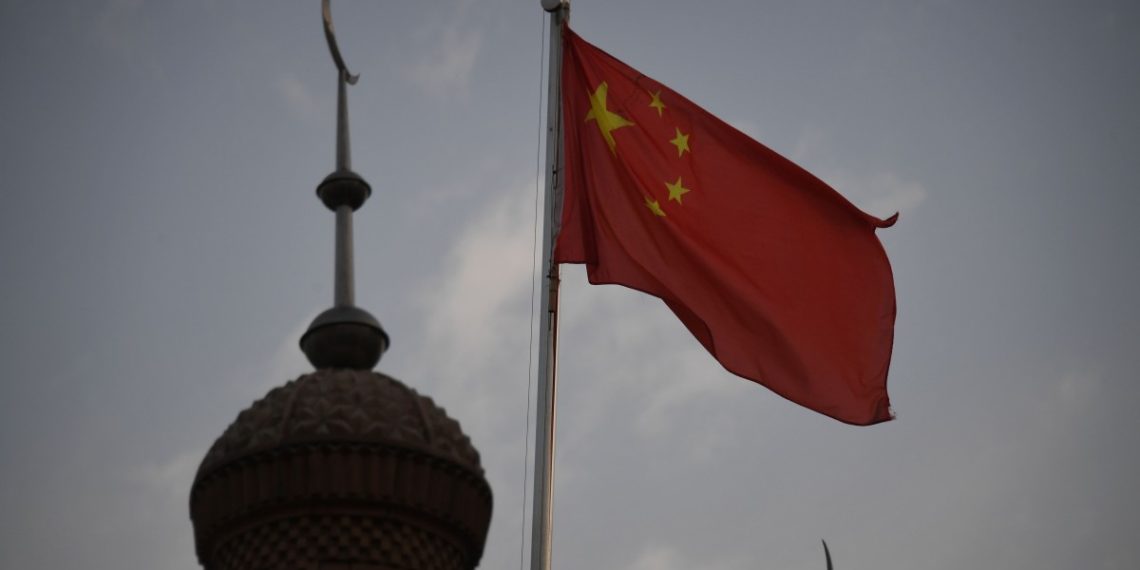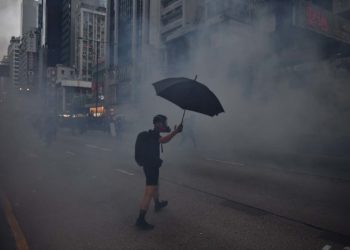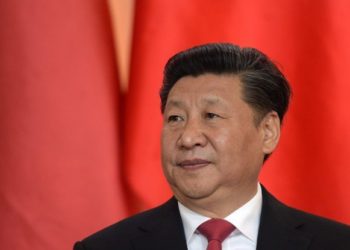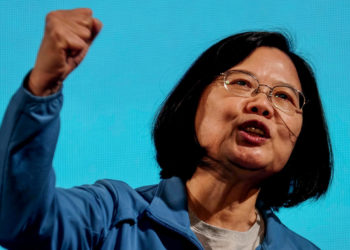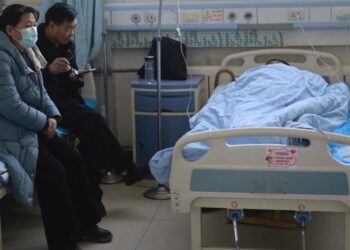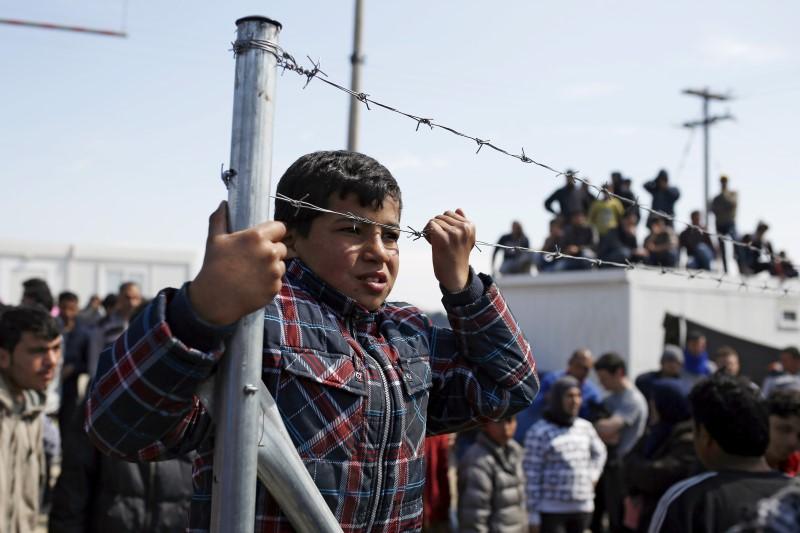During the early 1980s, in the villages surrounding Hotan, a city in the Uyghur region in western China, residents worked diligently to raise funds and construct new mosques. In a brief period of loosening restrictions following the devastation of the Cultural Revolution, faithful Uyghurs eagerly took up the opportunity to build and restore places of worship. However, by 2014, with new Chinese President Xi Jinping in power, those who contributed began to be rounded up and placed into internment camps.
Abliz Haji, who managed the voluntary contributions for the construction of a mosque near Hotan, was arrested in 2015. Under torture, he was forced to give up the names of people who had made donations. He refused and was handed a 10-year prison sentence. The Chinese government is now bulldozing mosques, such as the one in Abliz’s village, across East Turkestan.
Government officials vigorously deny the demolitions, but satellite images mean the desecrations can’t be hidden entirely. Uyghur American researcher Bahram Sintash has collated pictures of several years that suggest over 90 mosques and religious buildings were wiped from the landscape.


Published in a new Uyghur Human Rights Project report, the research records the loss of tangible aspects of Uyghur religious belief. In stories of individuals like Abliz, it also shows how demolitions directly impact the people who once prayed in the mosques. The destruction of these places of worship is not only tearing Uyghurs from their faith, but also from their communal bonds.
Effort to ‘Sinicize’ Uyghurs
The internment of imams, worshippers, and volunteers constitutes part of a broader campaign to devastate Uyghur communities. The captivity of one and a half million Uyghurs (possibly up to three million) in 21st-century concentration camps has separated parents from their children and devastated every family in the Uyghur homeland.
Belief in Islam is certain to result in a Uyghur interned or jailed. Instead of leveraging congregations of the faithful toward building communities, the Chinese government threatens and coerces Uyghurs to inform on neighbors who pray or even utter the simple Islamic greeting of As-Salaam Alaikum.
The Chinese government claims to be “Sinicizing” religion to ward off malicious overseas influences on the Uyghurs. However, the mass internment of Uyghurs and the fierce repression targeted at religious belief is a move to Sinicize every aspect of Uyghur life.
As one religious affairs official put it in a commentary in the state news media, the aim is to “break their lineage, break their roots, break their connections, break their origins.” The erasure of buildings from the landscape is part and parcel of cleansing Uyghur attachments to their ethno-religious identities.
The developments draw a parallel with Nazi Germany. In 1938, on November 9 and 10, the Nazis destroyed over 250 synagogues and desecrated Jewish cemeteries. The Kristallnacht was a violent turning point in the repression of Jews and a precursor to the Holocaust.
In China, the aim is to only leave space for loyalty to the party and Xi Jinping. The displacement and cleansing process will pave the way for Xi Jinping’s signature economic policy, the Belt and Road Initiative, in the region. The Uyghurs are facing an ethnocide.
Chinese Template for Subjugation of Minorities
What is happening to the Uyghurs should concern us all. China is creating a template for the subjugation of ethnic and religious minorities. The technological innovations in surveillance are tested on Uyghurs and available for export. Iris scans, forced DNA collection, racialized checkpoints, and mobile-phone monitoring, tied in to “big data” and artificial-intelligence-driven “predictive policing” is the new made-in-China arsenal of repression.
Religious intolerance and a model of governance that reinforces the state’s power through the de-humanization of millions of people have become normalized in China. We need to act. States should condition bilateral and multilateral agreements with China on the closure of the internment camps and release all those in detention.

The United States should impose harsher sanctions on the Chinese government and officials responsible for the ongoing crimes against humanity. Sanctions should extend to Chinese and international companies complicit in this crime, including the equipment and technology used in the massive network of secret detention centers and the total-surveillance police-state throughout East Turkestan.
Furthermore, states should investigate and enforce domestic law to protect Uyghur citizens and asylum seekers from constant harassment, threats, coercion, and reprisals by Chinese security agencies.
The international Olympic movement should urgently press China to end its horrific policies lest the athletes find themselves in Beijing in 2022 celebrating sport in the shadow of concentration camps.
Global Action
Just as importantly, this response cannot be the responsibility of one country or a bloc of western nations. Worldwide concern will force China to change course. We deeply appreciate the support of our friends in North America and Europe and ask them to keep up their pressure on Beijing.
We make a simple request to Muslim-majority and developing states: do not allow China to brush off global outrage by claiming it is a conspiracy to contain China’s rise.
We must act because it is in the interest of all of us to ward off China’s threat to the norms that protect our freedoms, including the right to religious belief and practice.
We must act to rescue Abliz because it is only by defending his right to worship in peace that human freedom will endure in the 21st century.
Disclaimer: The views and opinions expressed here are those of the author and do not necessarily reflect the editorial position of The Globe Post.

